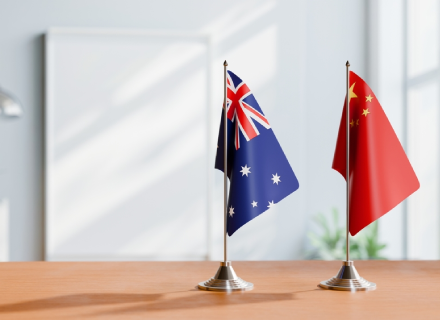Australian Treasurer Jim Chalmers noted that growth in China had a ripple effect on his own country and applauded Beijing’s latest stimulus efforts aimed at bolstering its flagging economy.
Speaking at a press conference on the second day of his visit to the Chinese capital, Chalmers stated that Australia’s relationship with its biggest trading partner had “a lot at stake.”
He said, “We are very pleased to see these additional steps being signalled by the Chinese government in order to boost economic activity and boost growth here in China.”
“What happens here and what is decided here has big consequences for our own economy, our own workers and businesses and investors, and for our country more broadly,” he explained.
Beijing revealed several initiatives meant to put the second-biggest economy in the world back on track while also acknowledging “problems” with it.
Chalmers made his first trip to Beijing as Australia’s treasurer in seven years.
Under the leadership of a new Canberra government, trade relations between the two nations have steadily improved.
As they recovered from a savage economic spat in which Beijing imposed trade barriers worth billions of dollars on Australian coal, timber, barley, beef, and rock lobster, Chinese Premier Li Qiang declared in June that relations were “on the right track.”
Now, the majority of these have been disassembled. However, lingering disagreements continue, ranging from the Pacific’s diplomatic squabbles to China’s continued detention of a writer critical of the government.
Meanwhile, the Australian economy experienced a strong recovery following the COVID-19 pandemic. But as the population ages and the environment changes, inflation has increased and fiscal pressures are approaching.
Rebuilding fiscal buffers through tax exemption reductions and increased public spending efficiency in areas like health is necessary, while monetary policy should stay tight until underlying inflation is manifestly on course to reach the central bank target.

